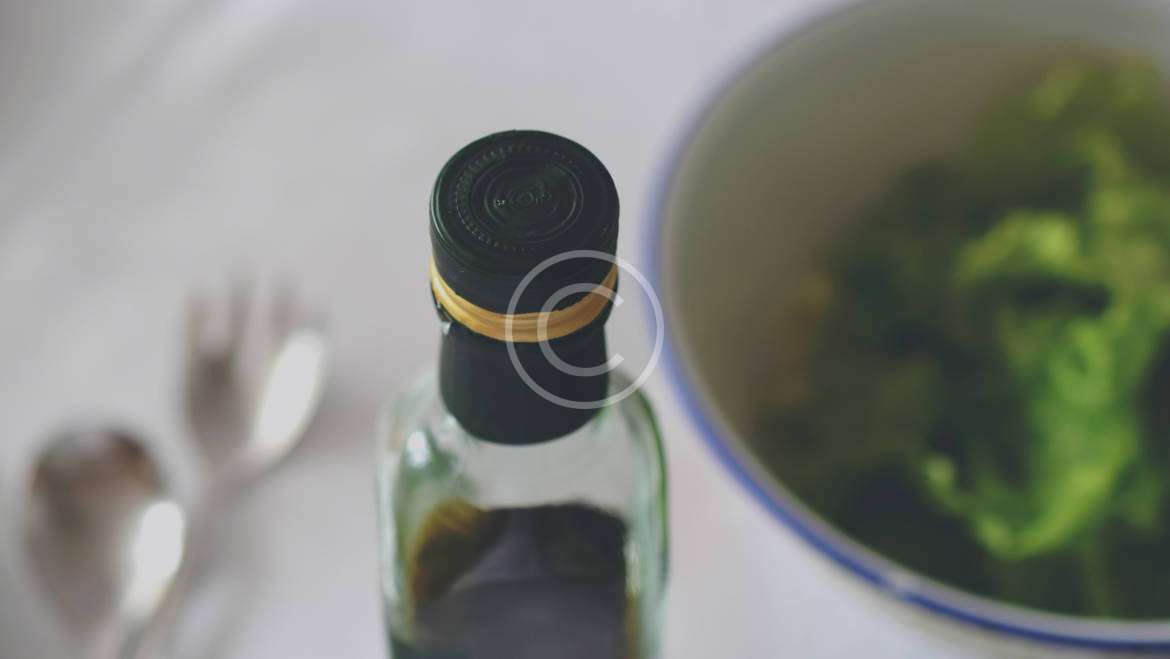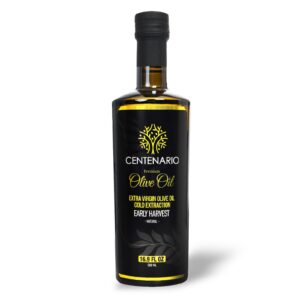Contents
The Power of Olive Oil in Preventing Blood Clotting
Understanding the Significance of Blood Clotting Prevention
As individuals, we are often concerned about our health and well-being. One crucial aspect that requires attention is blood clotting. The human body possesses a remarkable defense mechanism to prevent excessive bleeding by forming blood clots. However, when blood clots occur excessively or inappropriately, they can lead to severe health complications. In this article, we will explore the remarkable benefits of olive oil in preventing blood clotting, promoting cardiovascular health, and enhancing overall well-being.
The Role of Olive Oil in Preventing Blood Clotting
What Makes Olive Oil Effective?
Olive oil, renowned for its rich flavor and culinary uses, is also recognized for its potential health benefits. It is derived from the fruit of the olive tree (Olea europaea) and is widely consumed in Mediterranean diets. The primary factor that makes olive oil effective in preventing blood clotting is its high concentration of monounsaturated fats. These healthy fats, particularly oleic acid, have been extensively studied for their positive effects on cardiovascular health.
The Influence of Monounsaturated Fats on Blood Clotting
Research has shown that monounsaturated fats, such as those found in olive oil, play a vital role in preventing excessive blood clotting. These fats can help reduce the levels of harmful low-density lipoprotein (LDL) cholesterol in the bloodstream, thus minimizing the risk of blood clots. Additionally, the presence of oleic acid in olive oil has been found to promote the production of anti-inflammatory compounds, further contributing to its ability to prevent blood clotting.
Antioxidants in Olive Oil and Blood Clotting
Olive oil is also known for its rich antioxidant content. Antioxidants are essential for neutralizing harmful free radicals in the body, which can contribute to the development of blood clots. The presence of antioxidants, such as vitamin E, in olive oil helps protect the integrity of blood vessels and maintain their optimal function. By safeguarding against oxidative stress, olive oil contributes to the prevention of blood clot formation.
Using Olive Oil in Daily Life for Blood Clotting Prevention
Incorporating Olive Oil into Your Diet
Now that we understand the role of olive oil in preventing blood clotting, let’s explore some practical ways to incorporate this beneficial ingredient into our daily lives:
Cooking with Olive Oil
One of the simplest and most enjoyable ways to introduce olive oil into your diet is by using it as a cooking oil. Whether you’re sautéing vegetables, grilling meat, or preparing a salad dressing, olive oil can add a delightful flavor and impart its health benefits to your meals. Remember to choose extra virgin olive oil for its superior quality and higher antioxidant content.
Dipping and Drizzling
Another popular method of consuming olive oil is by dipping bread or vegetables into it. This simple yet satisfying practice allows you to savor the distinctive taste of olive oil while benefiting from its valuable anti-clotting properties. Additionally, you can drizzle olive oil over cooked dishes as a finishing touch, enhancing both the flavor and health benefits of your meals.
Substitute Unhealthy Fats
Replacing unhealthy fats, such as butter or margarine, with olive oil in your recipes is an excellent way to promote cardiovascular health and prevent blood clotting. Whether you’re baking, roasting, or frying, olive oil can serve as a healthier alternative without compromising the taste or texture of your favorite dishes.
Beyond the Kitchen: External Applications of Olive Oil
Apart from its culinary uses, olive oil can be beneficial when applied externally. The following applications can complement your efforts in preventing blood clotting and maintaining overall well-being:
Massage and Moisturization
Olive oil possesses emollient properties that make it an excellent choice for moisturizing and nourishing the skin. Regular massage with olive oil can promote healthy blood circulation, reducing the risk of blood clots in the extremities. Additionally, the antioxidant content of olive oil can help protect the skin from damage caused by free radicals.
Hair and Scalp Health
When used as a hair treatment, olive oil can provide deep conditioning and hydration. Massaging warm olive oil into the scalp not only helps nourish the hair follicles but also enhances blood flow, supporting a healthy scalp environment. By maintaining a healthy scalp, you can minimize the risk of scalp conditions that may lead to blood clot formation.
Conclusion: Embrace the Benefits of Olive Oil for Blood Clotting Prevention
In conclusion, olive oil offers remarkable benefits when it comes to preventing blood clotting and supporting cardiovascular health. Its high concentration of monounsaturated fats, antioxidants, and anti-inflammatory properties make it a valuable addition to your diet and lifestyle. By incorporating olive oil into your daily routine, both in your meals and through external applications, you can harness its potential and take significant steps towards improving your overall well-being.


